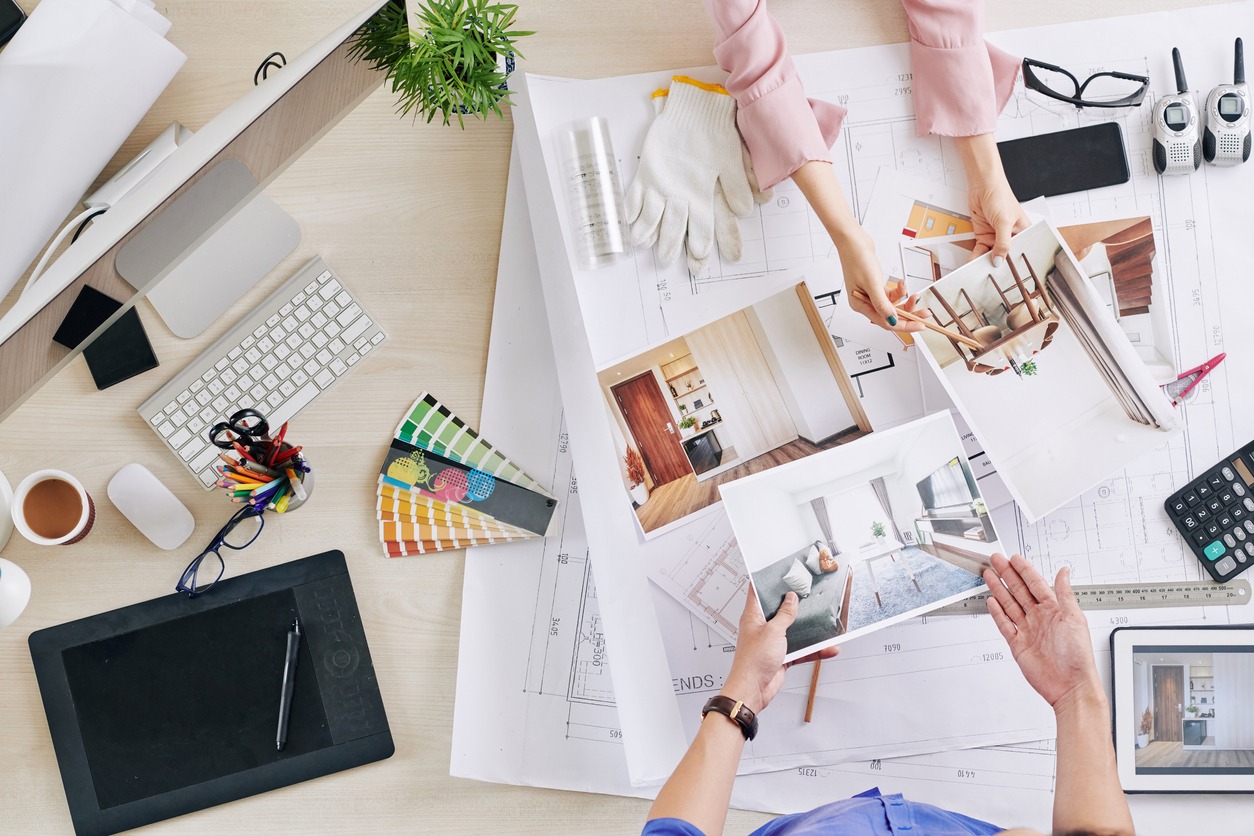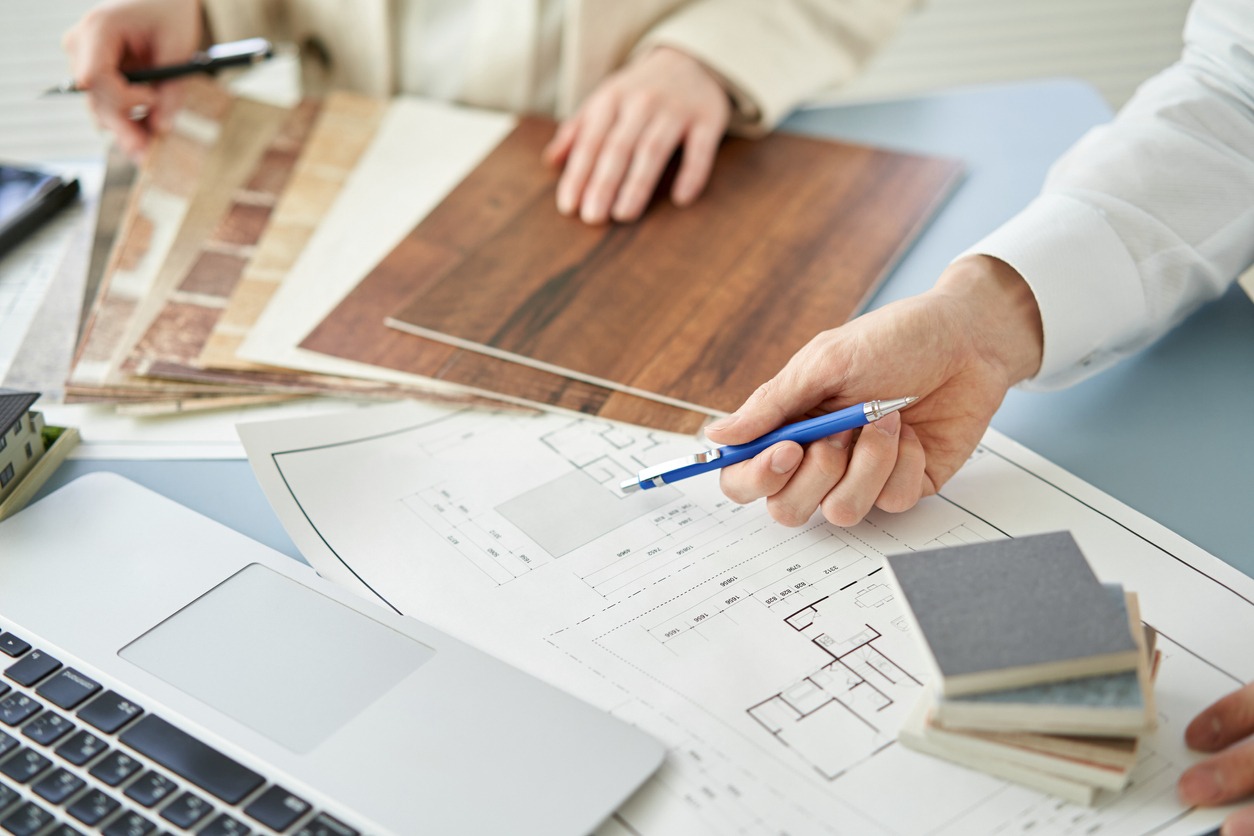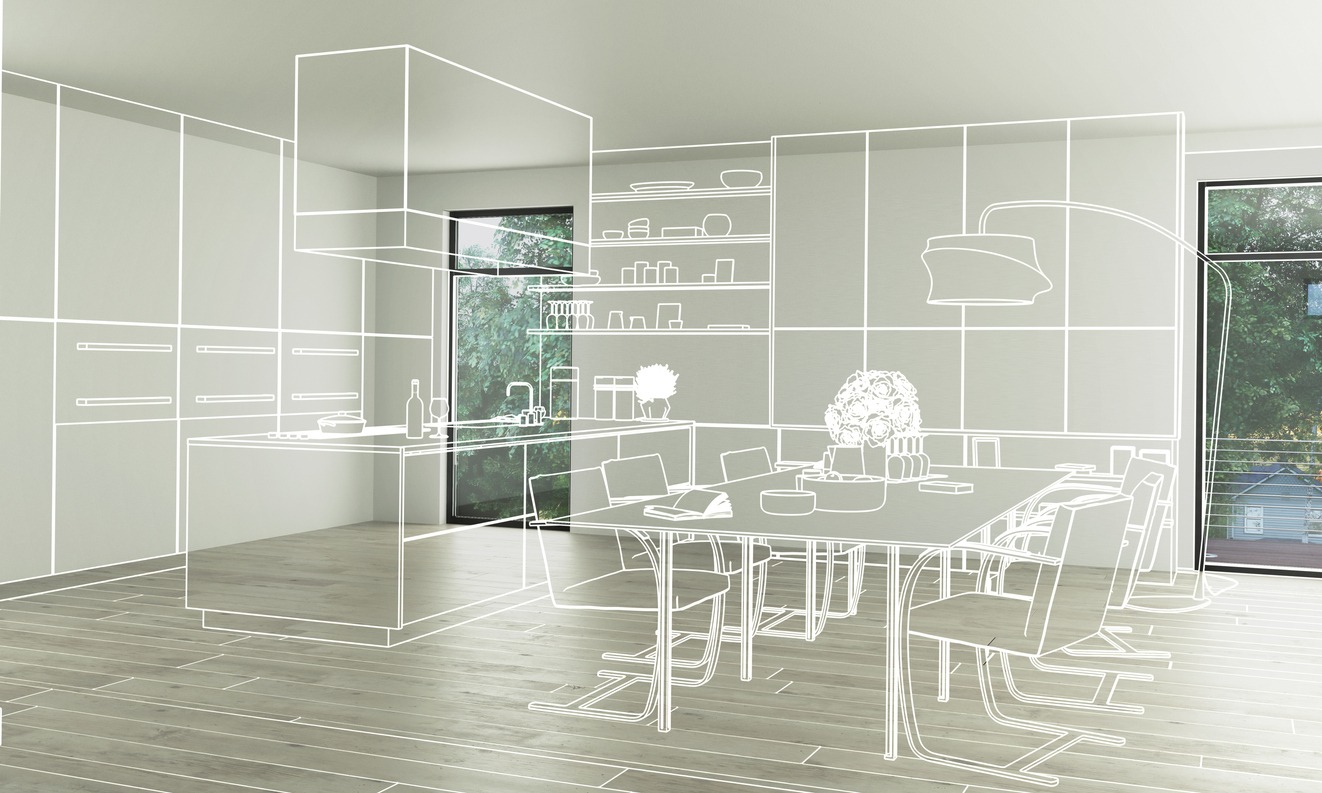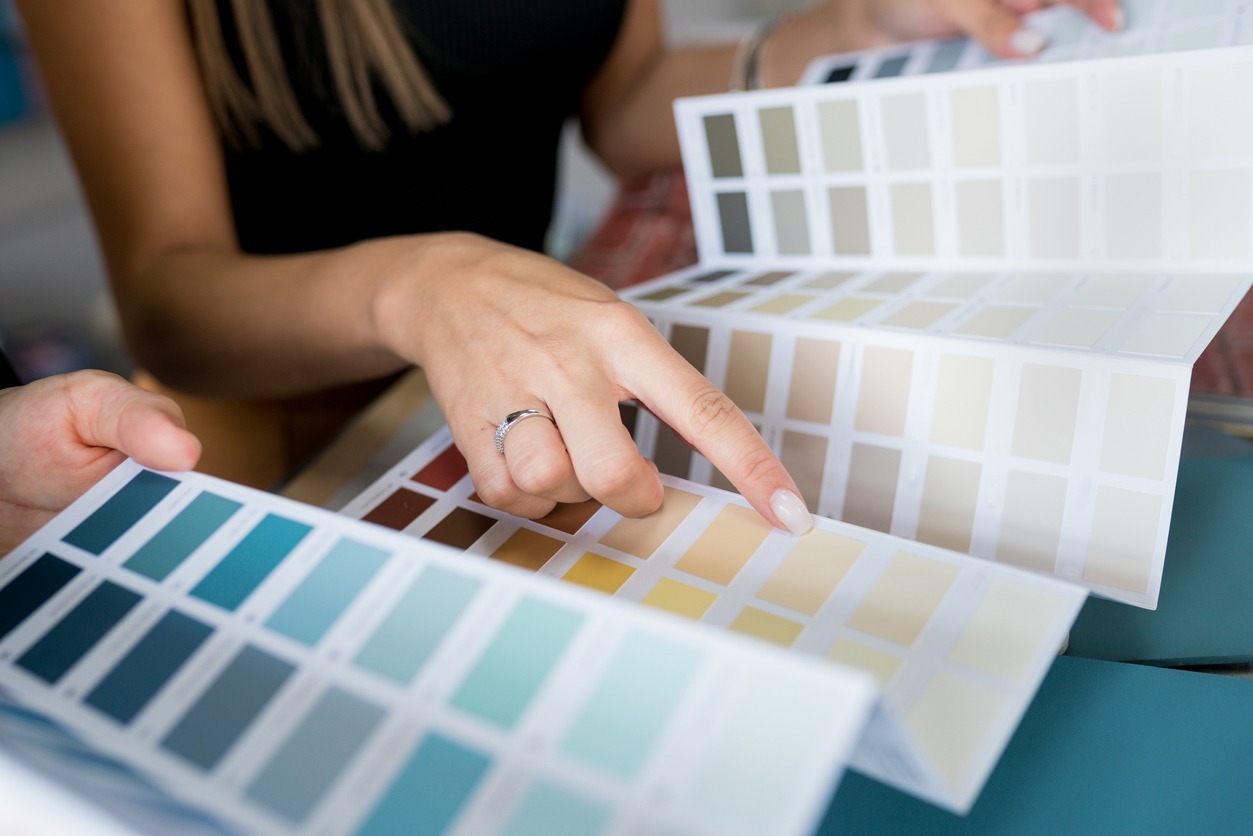Interior design is considered one of the most important aspects in improving the appearance of one’s home or property. While exterior design creates a good first impression for guests or visitors, the interior design determines how “homely” or comfortable the property looks and feels from the inside, not only for the guests but for those living in the house as well.
To have the best and most suitable interior design for your home, you will need to hire experienced interior designers who have all the knowledge and skills needed to create the most comfortable and mesmerizing designs for their clients. To ensure you make the right choice in hiring an interior designer, it’s essential to ask the right questions during the interview process. Here are 20 questions you should consider asking.
1. What is your design style and approach?
Understanding their design style and approach helps you assess if their vision aligns with your preferences and project goals. If you don’t have knowledge of interior design, it would be better if you could do a little bit of research about it so that you will know for yourself what styles and approaches you want for your home’s interior. By having knowledge of interior design, you will have a better time expressing your preferences to the interior designer.
2. Can you provide examples of past projects similar to mine?
Reviewing their portfolio and past work allows you to gauge their experience and expertise in relevant design projects. You may check their portfolio online if they have a website, blog, or social media page, or you can just simply ask for their portfolio in person. There may also be reviews for the interior designers that were posted by their previous clients online.
3. How do you stay updated on design trends and innovations?
This question helps assess if the designer is proactive in keeping up with the latest design trends and technologies. The best interior designers are the ones who are always updated on the trends and know how they can be applied to various types of houses.
4. What is your fee structure and payment schedule?
Knowing the cost breakdown and payment schedule ensures transparency and helps you plan your budget accordingly. The interior designer may accept installments for payments, although there are some that only accept full payments before or after the project.
5. Do you have a network of contractors and suppliers you work with?
A well-connected designer can help streamline the construction and procurement process, potentially saving time and money.
6. How do you handle unexpected project delays or issues?
Understanding their problem-solving skills and contingency plans is crucial for managing any unforeseen challenges during the project. Issues or problems with the projects can often occur, especially if the project involves a large interior. So, an interior designer who knows how to handle issues that may arise during the project is very valuable.
7. Can you provide references or client testimonials?
Speaking with previous clients can give you insights into the designer’s professionalism, communication, and project management skills. Besides speaking to previous clients, you can simply read reviews online about the interior designers or contractors that you like to hire.
8. What is your timeline for completing a project of this size and scope?
Establishing a realistic timeline helps set expectations and ensures that your project aligns with your desired schedule.
9. How do you incorporate a client’s preferences and ideas into your designs?
This question helps you gauge the designer’s willingness to collaborate and adapt their designs to your vision. An interior designer who is willing to go out of his or her comfort zone to satisfy the client’s preferences would be the best hire for you.
10. What is your approach to sustainable and eco-friendly design?
If sustainability is important to you, this question ensures the designer can integrate eco-friendly practices into your project. These practices include using eco-friendly products and performing tasks within the project that wouldn’t hurt the environment.
11. How do you handle budget constraints without compromising quality?
Assessing their ability to work within your budget without sacrificing design quality is crucial for cost-effective results.
12. What software or tools do you use for design and project management?
Understanding their technological capabilities can provide insights into their efficiency and organization. Some of the best software and tools can help interior designers have an easier and more efficient time designing interiors for their clients.
13. How do you communicate and provide updates throughout the project?
Clear communication is vital; knowing their communication methods ensures everyone is on the same page.
14. Do you have experience with the necessary permits and regulations for my project?
Ensuring they are knowledgeable about local building codes and permitting requirements is essential for a smooth project. Some of these permits may include:
- Building Permit: If your project involves structural changes, such as removing or adding walls, altering the electrical or plumbing systems, or changing the load-bearing capacity of the space, you may need a building permit. This permit ensures that the work complies with safety and structural standards.
- HVAC (Heating, Ventilation, and Air Conditioning) Permit: If your project involves changes to the heating, cooling, or ventilation systems, an HVAC permit may be necessary to ensure compliance with building codes and safety standards.
- Electrical Permit: Installing or modifying electrical systems, including wiring, outlets, switches, and lighting fixtures, often requires an electrical permit. This ensures that the electrical work is performed safely and up to code.
15. What is your approach to selecting materials, colors, and furnishings?
This question helps you understand their decision-making process for creating a cohesive design. The interior design of a house isn’t just reliant on the colors and the materials used for the walls, floors, and ceiling, as the pieces of furniture are also important in completing the look of the interior. So, interior designers should have an idea of the furniture that they will recommend to their clients.
16. How do you handle disagreements or conflicts during a project?
Knowing their conflict resolution strategy ensures a harmonious working relationship.
17. What is your policy on changes or revisions during the project?
Understanding their flexibility regarding design changes can help avoid surprises later on.
18. Can you provide a detailed project proposal and contract?
A clear and comprehensive proposal and contract protect both parties’ interests and ensure all project aspects are covered.
19. What is your availability during the project, and how do you handle multiple clients at once?
Knowing their workload and availability helps ensure they can dedicate the necessary time to your project. Even if they are busy with multiple clients, the best interior designers always dedicate time to inspecting the projects they are heading so that they can see if there are issues that need to be fixed or changes that need to be done.
20. What do you need from me as a client to make this project successful?
Establishing expectations for your role in the project can help create a collaborative and efficient working relationship.
By asking these questions and carefully considering the designer’s responses, you can make a better decision when hiring an interior designer who is the right fit for your project. Be sure to take your time in finding the best and most suitable designer for your home so that hiring one would be worth it.



